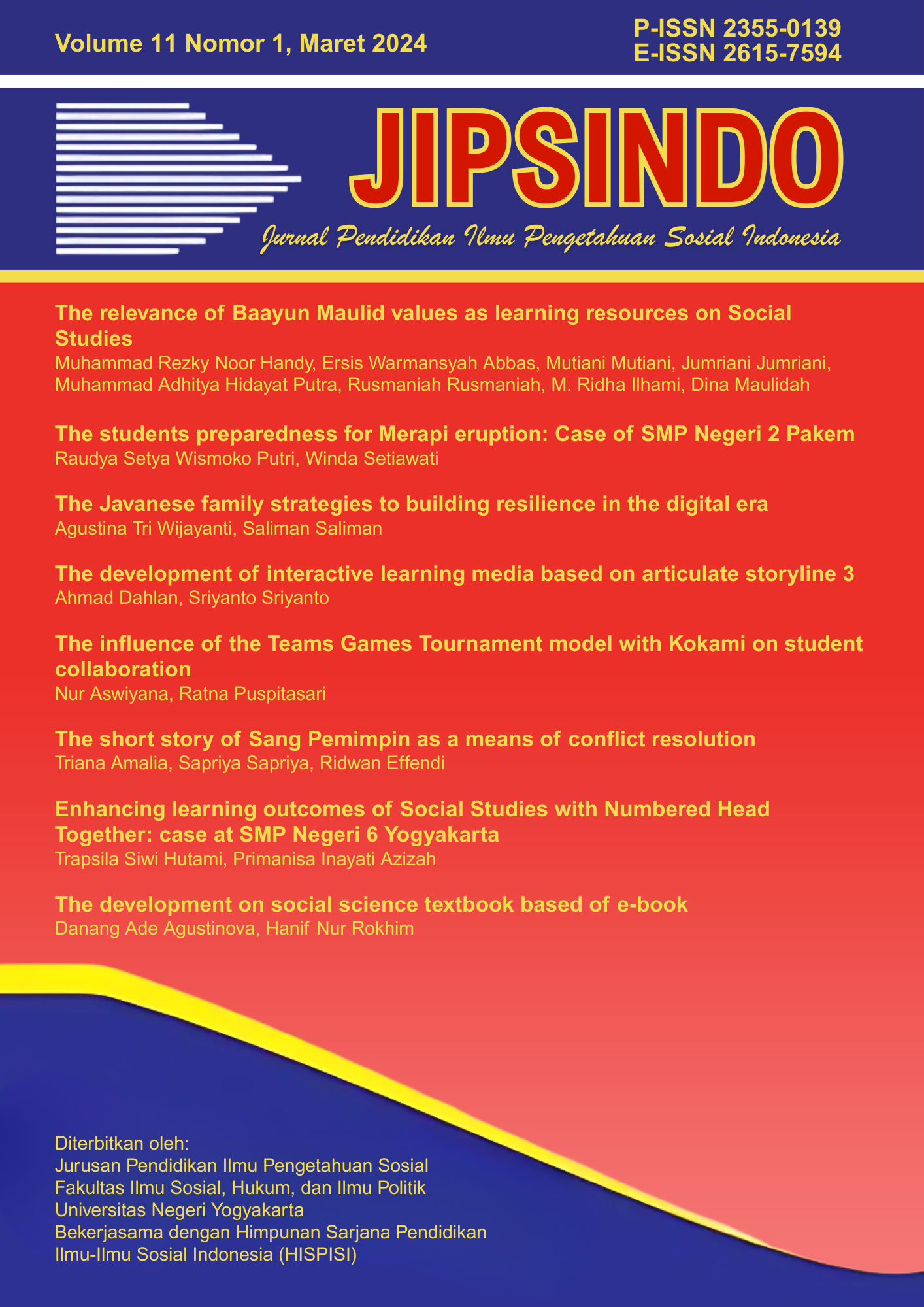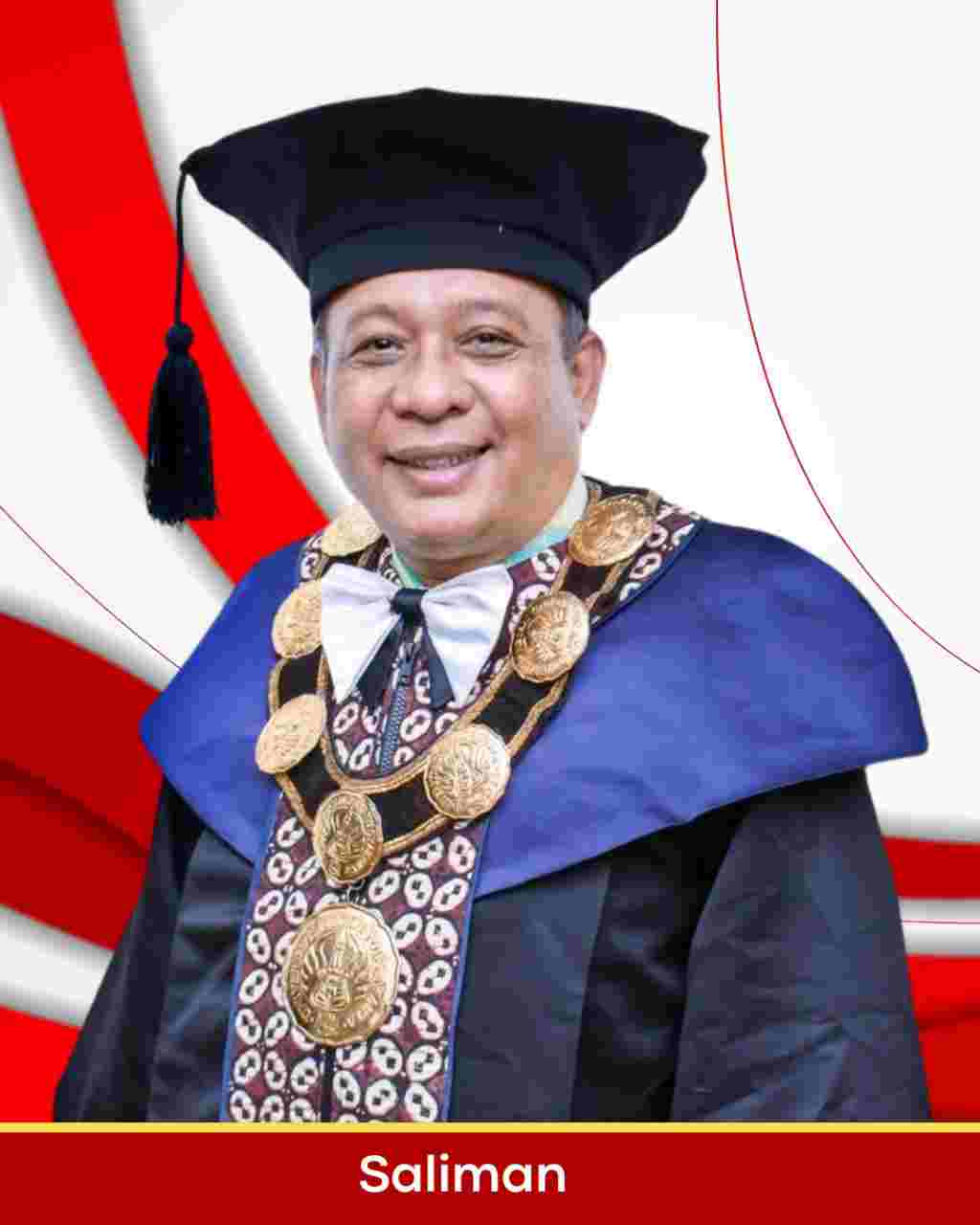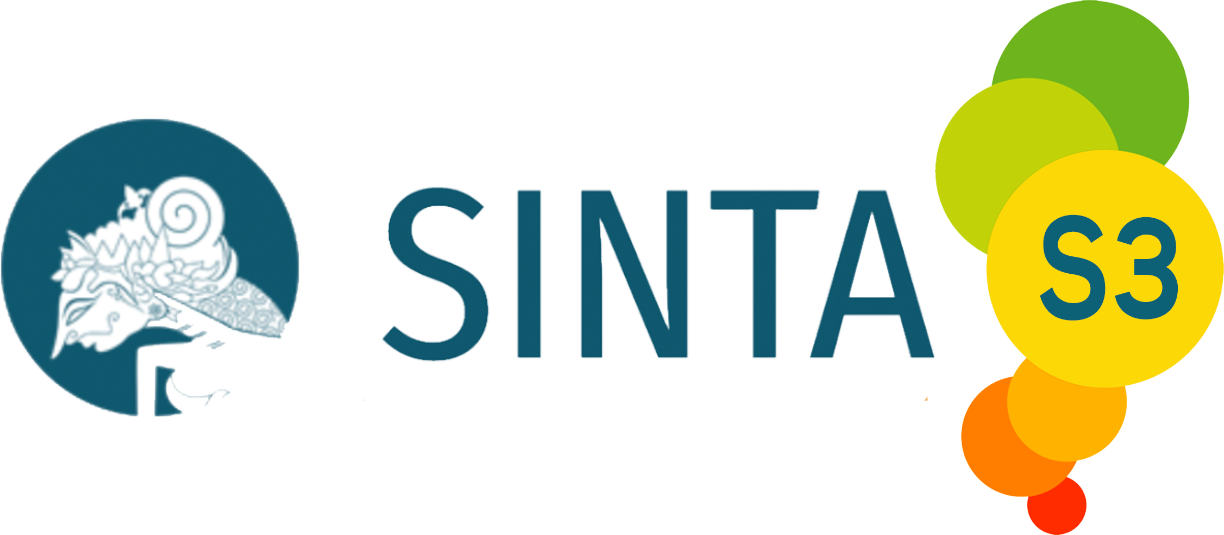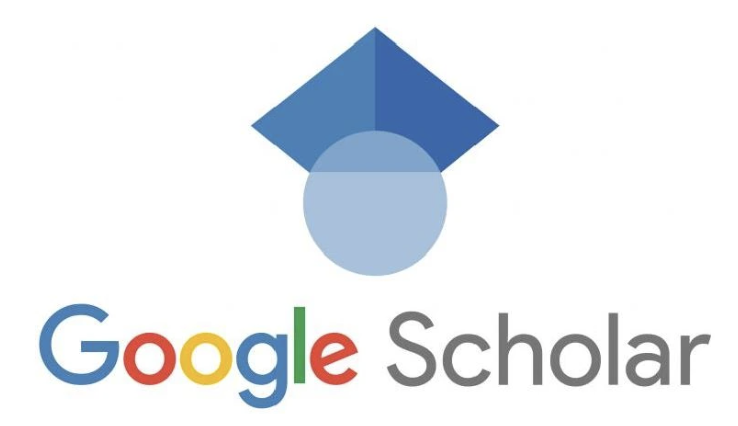Gaya belajar, berpikir kritis dan hasil belajar IPS
DOI:
https://doi.org/10.21831/jipsindo.v9i1.47356Keywords:
Gaya Belajar, Berpikir Kritis, Hasil BelajarAbstract
Tujuan penelitian untuk mengidentifikasi model belajar siswa untuk menambah critical thinking dan hasil belajar IPS. Metode penelitian menggunakan penelitian kajian pustaka yang menganalisis teori gaya belajar, berpikir kritis, dan hasil belajar siswa. Hasil penelitian menunjukkan bahwa model pembelajaran mampu mengoptimalkan berpikir kritis dan hasil belajar siswa. Pendidik harus mengoptimalkan dalam memilih model pembelajaran yang sesuai untuk mengingkatkan kemampuan berpikir kritis dan mendapatkan hasil belajar yang optimal. Model pembelajaran menggunakan pendekatan saintifik dapat mendorong siswa dalam berpikir kritis seperti model problem based learning, project based learning, inquiry.
The learning style, critical thingking and social sciences learning outcomes
The purpose of the study was to identify student learning models to increase critical thinking and social studies learning outcomes. The research method uses literature review research which analyzes the theory of learning styles, critical thinking, and student learning outcomes. The results showed that the learning model was able to optimize critical thinking and student learning outcomes. Educators must optimize in choosing appropriate learning models to improve critical thinking skills and obtain optimal learning outcomes. Learning models using a scientific approach can encourage students to think critically such as problem-based learning, project-based learning, and inquiry.
References
Supratiknya. (2012). Penilaian hasil belajar dengan teknik nontes. In Universitas Sanata Dharma (Vol. 28, Issue 12).
Bandura, A. (1977). Social learning theory / (by) Albert Bandura. In Social Learning Theory.
Bensley, D. A., & Murtagh, M. P. (2012). Guidelines for a Scientific Approach to Critical Thinking Assessment. In Teaching of Psychology (Vol. 39, Issue 1). https://doi.org/10.1177/0098628311430642.
Birgili, B., Kiziltepe, Z., & Seggie, F. N. (2017). Teaching Method Preferences of Teachers: The Cooperative Teaching Method. World Studies in Education, 17(2). https://doi.org/10.7459/wse/17.2.04
Combs, L. B., Katherine, S., & Leary, P. (2009). Developing Critical and Creative Thinkers: Towards a Conceptual Model of Creative and Critical Thinking. Educational Technology, 49(5), 3–14.
Dewey, J. (1938). Experience and Education (Kappa Delta Pi Lecture). In Americas New York, NY 1002.
Dewey, J. (1997). Traditional vs. progressive education. In Experience and Education.
Flinders, D. J., & Thornton, S. J. (2021). The Curriculum Studies Reader. In The Curriculum Studies Reader. https://doi.org/10.4324/9781003230625
Gutek, G. L. (2004). Method, The Montessori. In Journal of Chemical Information and Modeling (Vol. 53, Issue 9).
Huan, S., Wang, Y., Cai, C., Chen, Z., Tang, L., Lei, C., Liu, J., & Li, Y. (2020). The design and thinking of the concrete case of ideological and political education in chemical analysis course. Daxue Huaxue, 0(0). https://doi.org/10.3866/pku.dxhx20200602
Humphreys, W. L., & Brookfield, S. D. (1989). Developing critical thinkers: challenging adults to explore alternative ways of thinking and acting. Teaching Sociology, 17(1). https://doi.org/10.2307/1317962
Karmiatun, D., & Haris Odja, A. (2019). International journal of active learning the effectiveness of integrated natural science learning by using scientific approach-based modules to improve students' creative thinking skill. International Journal of Active Learning, 4(2).
Kilií§, D., & Saǧlam, N. (2014). Students understanding of genetics concepts: The effect of reasoning ability and learning approaches. Journal of Biological Education, 48(2). https://doi.org/10.1080/00219266.2013.837402
Lieung, K. W., Rahayu, D. P., & Fredy. (2020). Scientific approach to improve the critical thinking skills. https://doi.org/10.2991/assehr.k.201014.105
Marcus, E. C. (1988). Developing critical thinkers: challenging adults to explore alternative ways of thinking and acting developing critical thinkers: challenging adults to explore alternative ways of thinking and acting. Academy of Management Perspectives, 2(4), 338–339. https://doi.org/10.5465/ame.1988.4274785
Muamar, A., Retnoningsih, A., & ... (2021). A Effectiveness of using moss plant e-book with a scientific approach to improve student learning outcomes. Journal of Innovative, 10(37).
OECD. (2019). PISA 2018 Assessment and analytical framework, PISA. OECD Publishing.
Schiro, M. S. (2014). Curriculum Theory, Conflicting Visions and Enduring Concerns2014 1 Schiro, M.S. Curriculum Theory, Conflicting Visions and Enduring Concerns 2nd ed. Sage Publishing Inc 2013 978-1-4129-8890-2. Education + Training, 56(4).
Sulasmi, E. (2021). Effectiveness of modeling learning strategies to improve student learning outcomes. Budapest International Research and Critics Institute (BIRCI-Journal): Humanities and Social Sciences, 4(1). https://doi.org/10.33258/birci.v4i1.1694
Triyani, T., Herayanti, L., & Gummah, S. (2019). Effect of scientific approach toward students' critical thinking skills. Lensa: Jurnal Kependidikan Fisika, 7(1). https://doi.org/10.33394/j-lkf.v7i1.1906
Williams, M. (2017a). Dewey in the 21 st century. Journal of Inquiry & Action in Education, 9(1).
Williams, M. (2017b). John Dewey in the 21st century. Journal of Inquiry and Action in Education, 9(1).
Downloads
Published
How to Cite
Issue
Section
Citation Check
License
Authors who publish with this journal agree to the following terms:
- Authors retain copyright and grant the journal right of first publication with the work simultaneously licensed under a Creative Commons Attribution License that allows others to share the work with an acknowledgement of the work's authorship and initial publication in this journal.
- Authors are able to enter into separate, additional contractual arrangements for the non-exclusive distribution of the journal's published version of the work (e.g., post it to an institutional repository or publish it in a book), with an acknowledgement of its initial publication in this journal.
- Authors are permitted and encouraged to post their work online (e.g., in institutional repositories or on their website) prior to and during the submission process, as it can lead to productive exchanges, as well as earlier and greater citation of published work (See The Effect of Open Access).

JIPSINDO (Jurnal Pendidikan Ilmu Pengetahuan Sosial Indonesia) is licensed under a Creative Commons Attribution-ShareAlike 4.0 International License.
Based on a work at https://journal.uny.ac.id/index.php/jipsindo.
















